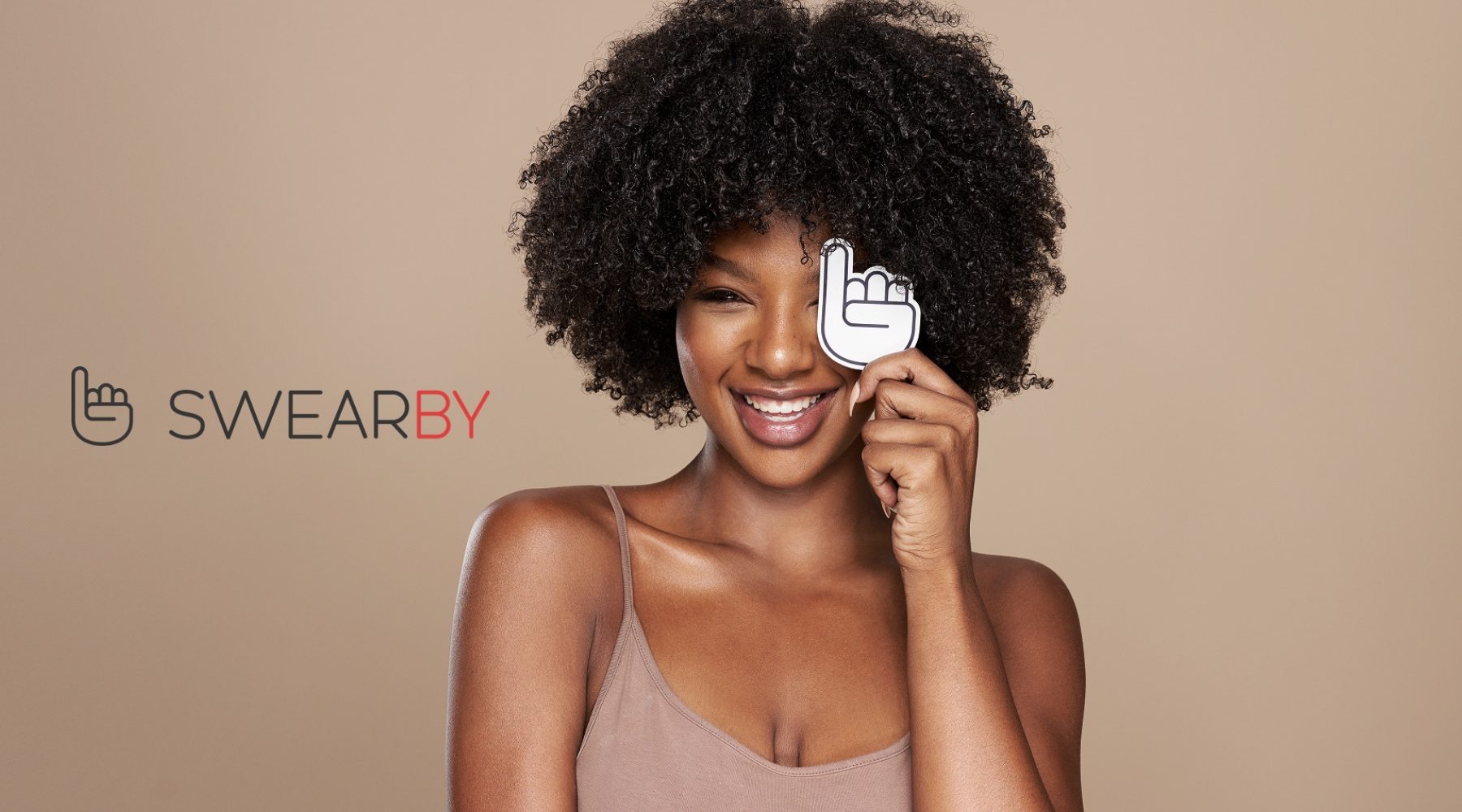
Startup SwearBy Pinky Swears Its Product Reviews Are Real
As a former marketing head for several women’s brands, including NYDJ and Juicy Couture, Kate Foster Lengyel has witnessed the pros and cons of influencer marketing firsthand. She’s seen how easy it is for companies to fabricate positive reviews and knows the data around consumer behavior and online recommendations inside and out. “Did you know that 89% of consumers rely on product reviews in order to make a purchase, but 79% of those people have read a fake review in the last year?” she asks. “The five-star review is not really much of a scale, and that scale hasn’t been disrupted in forever.” She’s aiming to change that with her startup SwearBy, an online curation of no BS recommendations from a group of invite-only, in-the-know women. Beauty Independent spoke with Lengyel about the beauty products that win plaudits on the site, how she wards off fake reviews and the future of influencers.
What’s your professional background?
I got my MBA at Columbia Business School, but I started in beauty. My first job out of college was working for Carlotta Jacobson, the president of Cosmetic Executive Women. I worked for her for two years and did all the beauty awards and events. I launched the website. It was this amazing experience being an apprentice and getting to do so much. Two years later, I went to Victoria’s Secret, which was incubating a beauty enterprise under the Limited Brands’ umbrella. I was like, “This is an exciting opportunity to kind of work as part of a startup within the structure of a larger organization.” I started in PR and, then, moved over to marketing and ended up running marketing for the beauty division for Victoria’s Secret. When I started, it was a $500 million business, and it was a billion-dollar business when I left seven years later in 2008.
I was lured away by a job at Anne Taylor and, then, I went to Juicy, and I ran global marketing for Juicy Couture for a spell. Then, I went to a denim company called NYDJ. I was a chief marketing officer, but what attracted me to that job was that I got to launch and manage their e-commerce business. It was insane that they didn’t have e-commerce in 2011.
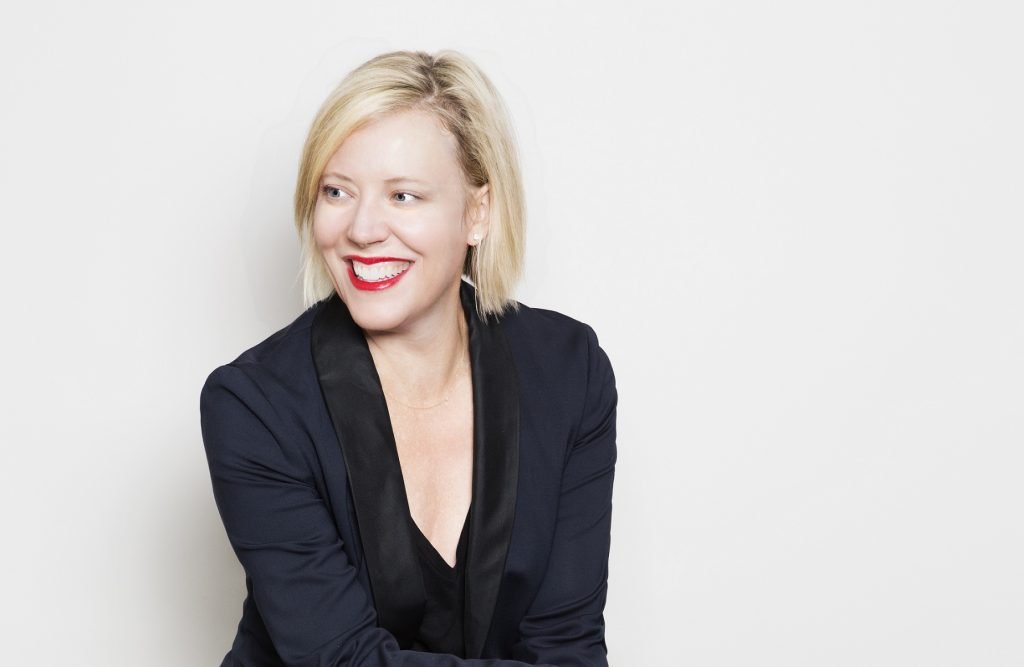
What inspired you to start SwearBy?
At NYDJ, I was wearing two different hats as both head of marketing and head of direct-to-consumer. Sitting at the intersection of commerce and consumer, I got so frustrated by seeing my digital spend ballooning out of control. A ton of money was being spent on influencers throughout my entire career, and I felt like, while the spend was going up, the results were going down. Very rarely did a lot of these influencer programs really pan out the way that they were supposed to. I felt icky about paying influencers money to be like, “This is amazing,” knowing that they were going to throw the jeans in the garbage the next day. Instead, when I talked to consumers and asked, “How did you discover these jeans?” They would say, “Oh, my sister swears by them. My mom swears by them.”
I realized that word of mouth is everything when it comes to a marketing path, but nobody really knows how to get it. So, my thesis for SwearBy was trying to create a word-of-mouth platform only around the awesome things that people really, truly swear by. I wanted to get at the game-changing recommendations that you score with a girlfriend over cocktails and replicate that experience at scale in order to help busy women cut through the noise and nonsense.
How long was it in development?
I quit my job at NYDJ almost a year and a half ago and set out to create SwearBy. I started with a test app so that I could learn the marketplace. Pretty quickly, based on some of the results that I was seeing and the way that people were interacting with “swears,” I decided to forgo an app and build a new platform, which is mobile responsive site, instead. There’s no need to download an app. We’re aggregating all of these swears together so that people can search on demand. The current site launched two months ago.
Walk us through the way the site works.
The site is run by editors, which is what we call our contributors. Editors are tapped by invitation only, and editors can invite other editors or people can apply directly on the site to be an editor. The idea is that the editors have the keys to the kingdom in terms of being able to identify other people who they want to hear from on the site. Every editor has 10 invitations. Each editor can then post the products she swears by, usually by copying and pasting the URL of the product she’s endorsing and writing a brief blurb about why she likes it. Users can sort through swears by category (beauty, style, kids, home, books+apps and fitness+wellness), editor, what’s new or swear count. There’s also a self-publishing tool where editors can write stories that package up their swears. The idea is to make these product reviews more personal and help people understand if the product is something that would work for them.
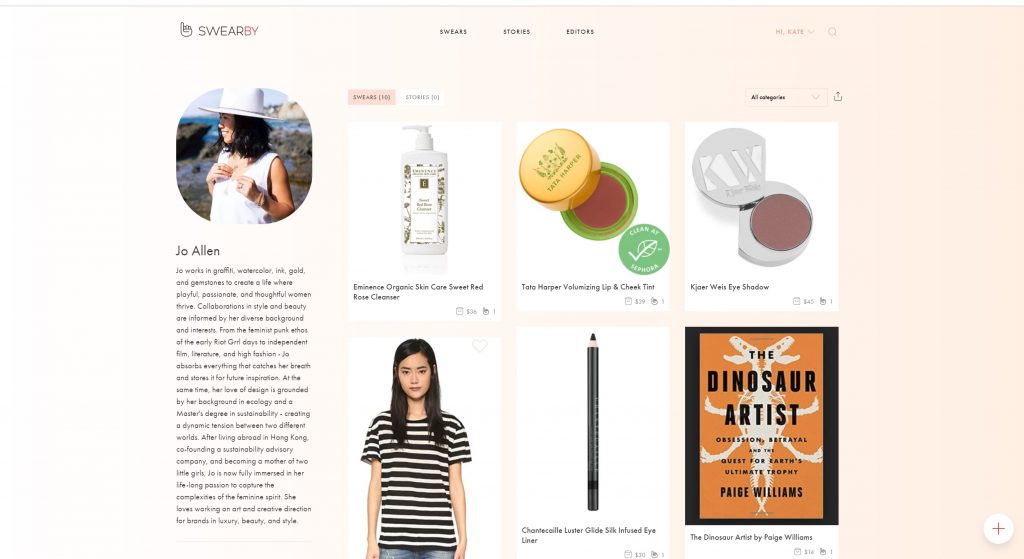
How many editors do you have? Are they compensated?
We have over 1,000 editors who have contributed more than 8,000 swears on the site in the past two months. Editors are not paid, but they are rewarded through fun product perks where we partner with brands to deliver them little surprise-and-delight products for participating in the community. Besides helping women cut through the clutter, what’s in it for an editor is the bragging rights that come with being a part of the SwearBy community. Everybody’s looking for content and ways to promote themselves out in the world and social media. SwearBy offers a platform with reach to communicate and recommend products.
Do SwearBy editors need to have a certain number of followers on Instagram?
No. When I started SwearBy, my whole tagline when I wrote it down on a piece of paper was, “We think you’re an influencer, too.” We do have some mega-influencers and prominent experts on the site like hair guru Rita Hazan, beauty influencer Sarah Howard, celebrity makeup artist Fiona Stiles and fashion icon Cynthia Rowley, but we don’t care what kind of following someone has to be a SwearBy editor. We believe everyone can be influential when they are trusted.
What has been the most popular category or product?
Beauty is the number-one category by far. Probably about half the content or more is beauty products. I think that may be because it’s so frustrating when you spring for that hope in a jar and it doesn’t work. A lot of women understand that pain point and they just want pass on the good stuff. Glossier Boy Brow is the number-one swear on the entire site (it has 44 swears). Number two is the Fresh Sugar Lip Treatment SPF 15 (34 swears). The Drunk Elephant T.L.C. Sukari Babyfacial and Kopari Coconut Deodorant are among the most purchased.
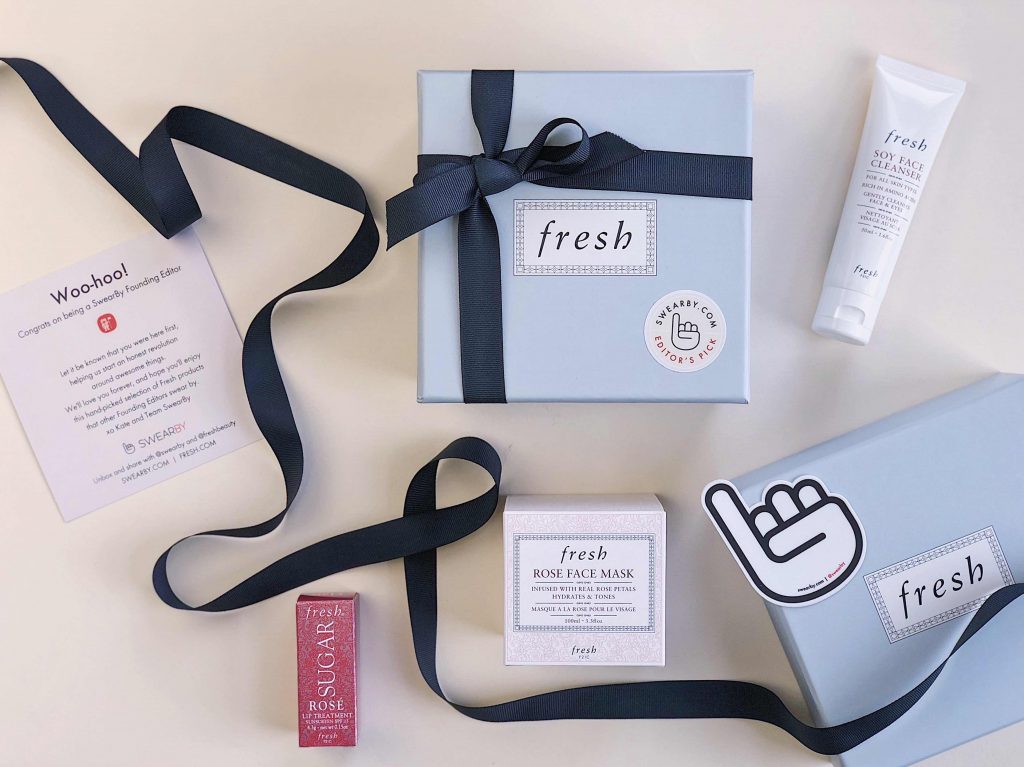
In the wake of the Sunday Riley fake review controversy, how do you keep things honest?
The fake review trend is one I saw coming in my past position as a CMO. I know how easy it is to plant fake reviews on Amazon. We wound up doing a survey of our own at SwearBy, and 83% of people said that they bought something because it was rated four or five stars, only to be disappointed. When editors sign up for SwearBy, we ask them to take an oath and pinky swear, which is where the SwearBy logo comes from, that the reviews are their honest opinions and not paid. While there are plentiful revenue opportunities that exist, the idea is that a swear is never paid for. We can kick people off for infractions.
What’s the business model?
I’m making money through affiliates and also through brand partnerships. We will partner with brands that are on the platform. If our editors swear by it, we want our [other] editors to be able to try and experience those products. For example, we partnered with Fresh to give editors a box of products right around our launch period because we saw from our test app that there were lots of Fresh products that people were swearing by. We’re also offering a SwearBy seal of approval that’s coming in a couple months.
I’m starting seed-round funding now. So far, it’s been self-funded with help from friends and family.
Where do you think the influencer trend is headed?
It’s not the influencers’ fault that everything looks so fake and inauthentic. It’s oftentimes the marketers who are perpetuating the cycle. I do think the nano-influencer is something [to pay attention to] because I think people want to be able to relate to somebody, and they want to know that there’s honesty and accountability.
Influencer marketing is not going away, but I think that there’s room for a fresh take on it and what it means to be an influencer. For instance, I was just talking to my friend who showed me this Garmin fitness tracker thing that I had never see before and she said she loved the functionality of it, and I was like, “Maybe I’ll look at that instead of an Apple Watch or a Fitbit.” She started to tell me she wasn’t [as in-the-know as me], and I said, “No, clearly you just influenced me.”
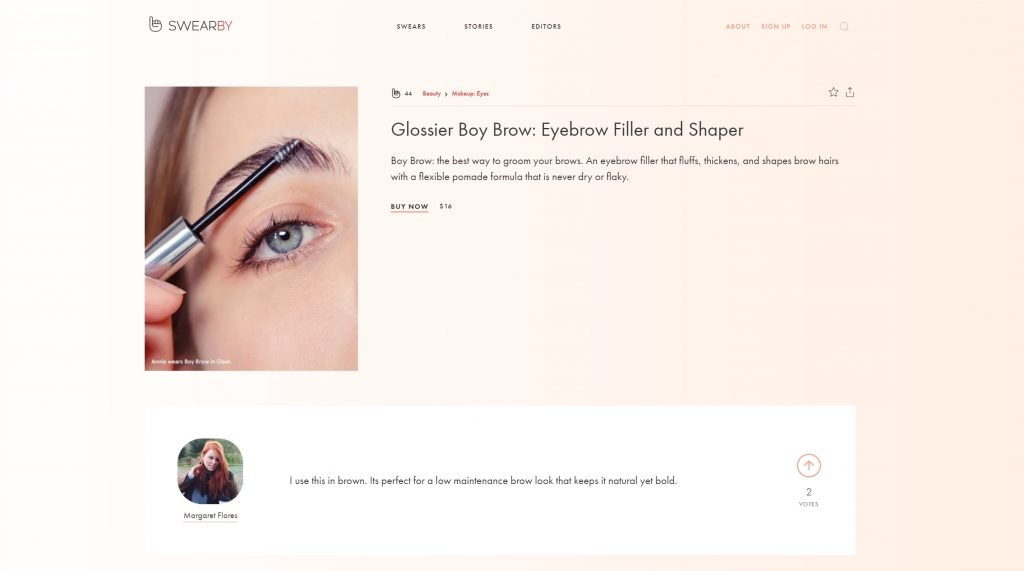
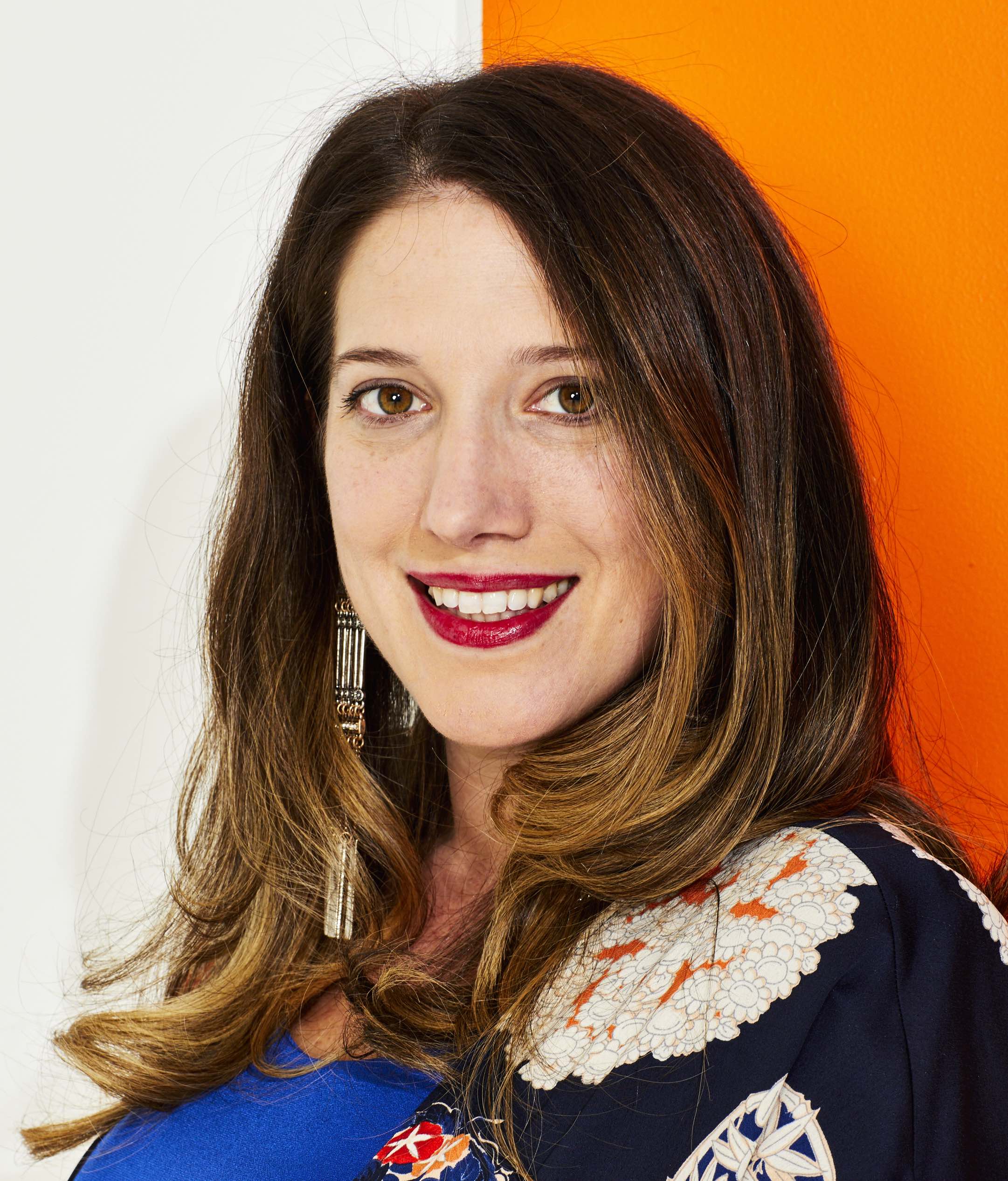

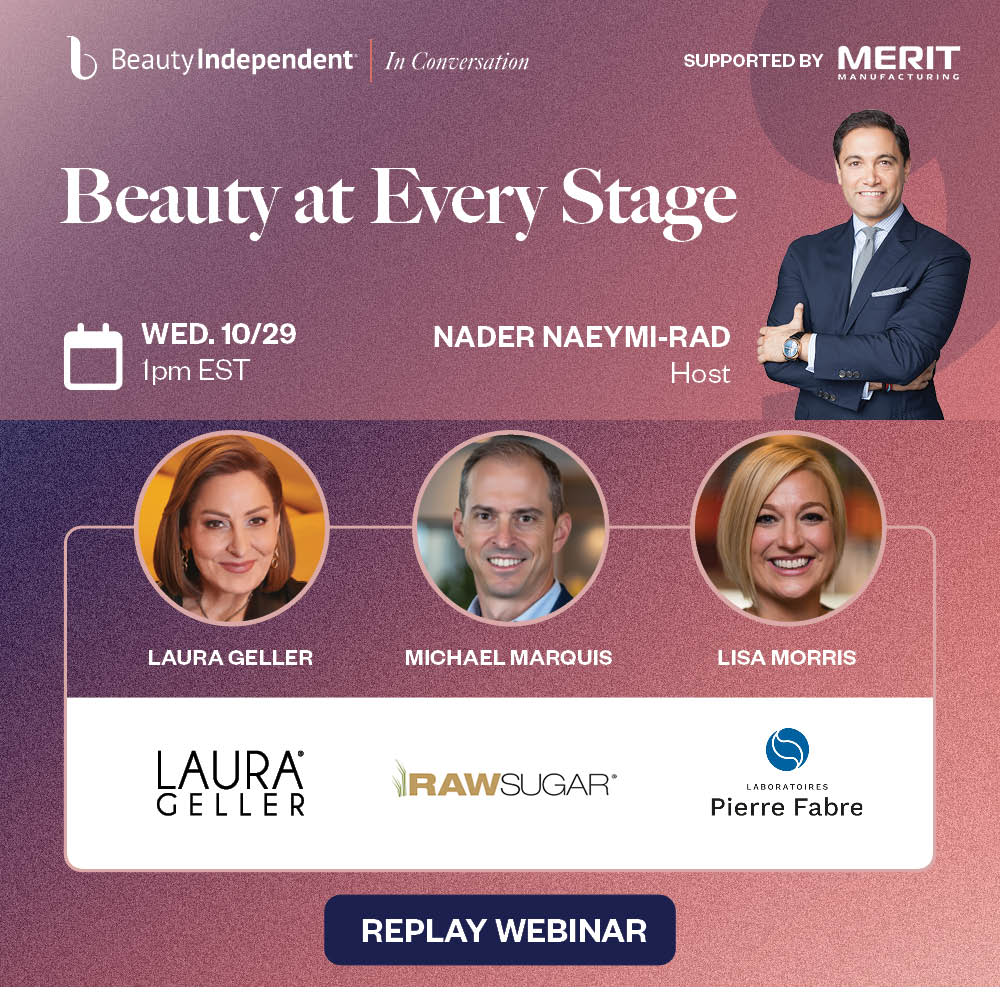
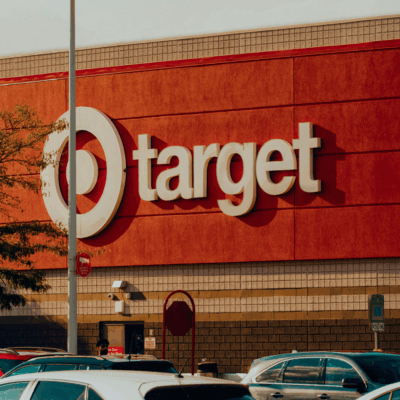

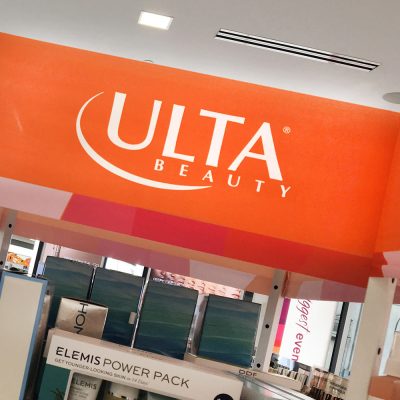

Leave a Reply
You must be logged in to post a comment.